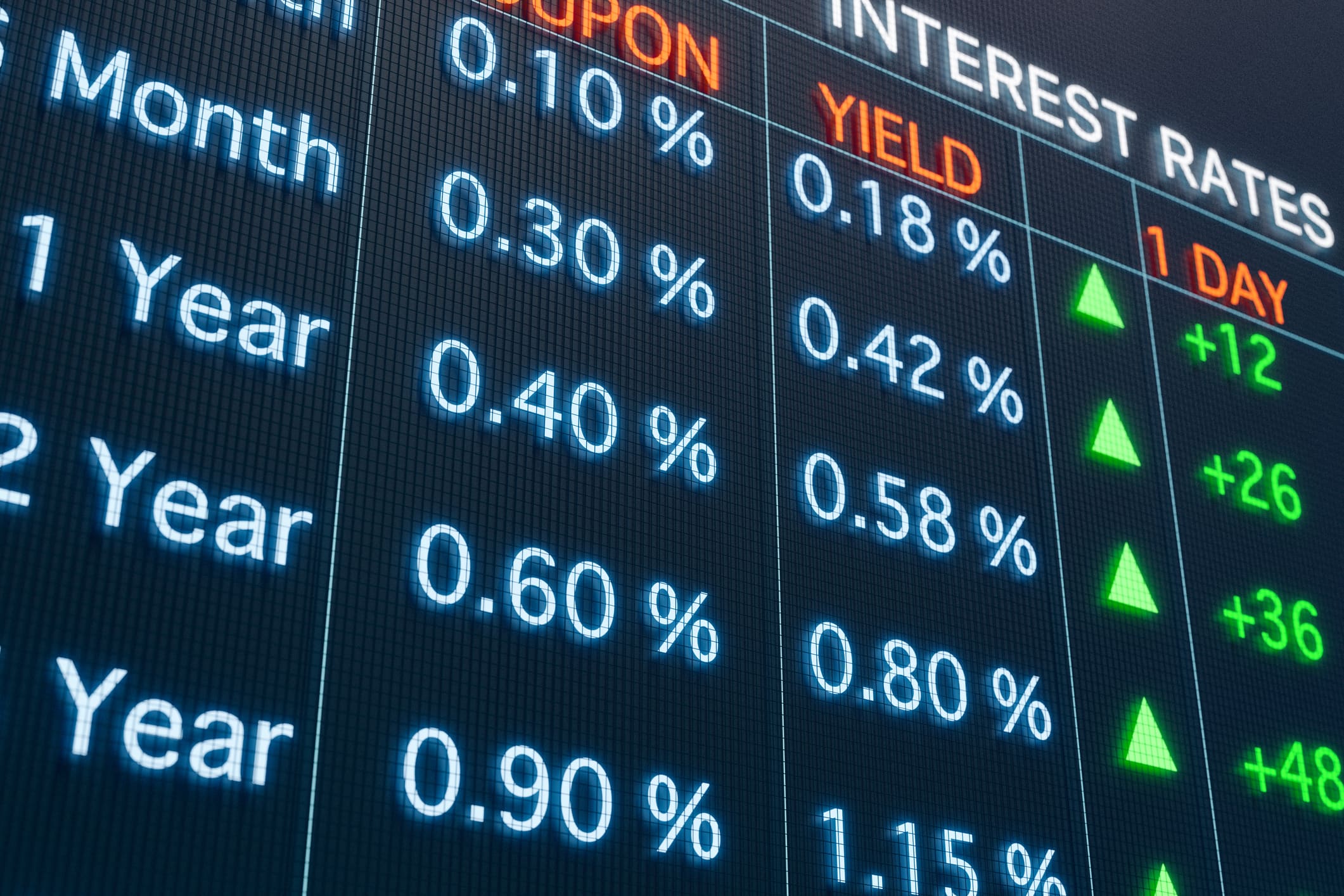World shares rose to their highest since March 2022 on Wednesday and Britain led a rally in government bonds as inflation dropped far more than expected, giving the latest boost to global interest rate cut bets for next year.
Oil prices continued their rise, gripped by worries about disruptions in the Red Sea after Yemen's Iran-aligned Houthi militants stepped up attacks on commercial ships.
UK inflation plunged in November to its lowest rate in more than two years at 3.9%, far lower than the 4.4% economists polled by Reuters had expected, making it less of an outlier globally.
Investors moved to price in nearly 140 basis points (bps) of Bank of England (BoE) rate cuts next year, up from around 120 before the data.
That pushed two-year British bond yields down as much as 20 bps to 4.08%, the lowest since May, and the benchmark 10-year yield dropped to 3.52%, the lowest since April, while the pound dropped 0.5% .
"We are definitely getting into the territory of the market pricing far too aggressive a cutting cycle, particularly when headline inflation remains almost double target," said Michael Brown, analyst at Trader X, noting the repricing could prompt fresh pushback from the BoE in the new year.
Elsewhere in global bond markets, U.S. Treasury yields and German bond yields were down 3 bps each.
Traders held on to their expectations of 150 bps of rate cuts by the U.S. Federal Reserve next year, which were turbocharged last week as the bank outlined steeper rate cuts in 2024.
Markets maintained those bets even after Richmond Fed President Thomas Barkin on Tuesday refrained from saying how the fall in inflation affected the policy outlook for next year, while Atlanta's Raphael Bostic said there was no urgency to cut rates.
Rate cut expectations have also given a strong boost to riskier assets such as equities.
MSCI's global equity index (.MIWD00000PUS) touched its highest since March 2022 on Wednesday and was set for its 10th straight day of gains.
European stocks opened slightly lower, with the STOXX 600 (.STOXX) index down 0.1%, but Britain's FTSE 100 (.FTSE) was up 0.7%.
U.S. stock futures also traded lower , , though the S&P 500 rose 1% through Monday and Tuesday.
"Geopolitical events do appear to have taken a back seat... though clearly the Red Sea remains a flashpoint and does leave risk assets somewhat vulnerable to a slide if tensions were to ratchet up further, particularly amid thin Christmas trading volumes," Trader X's Brown said.











